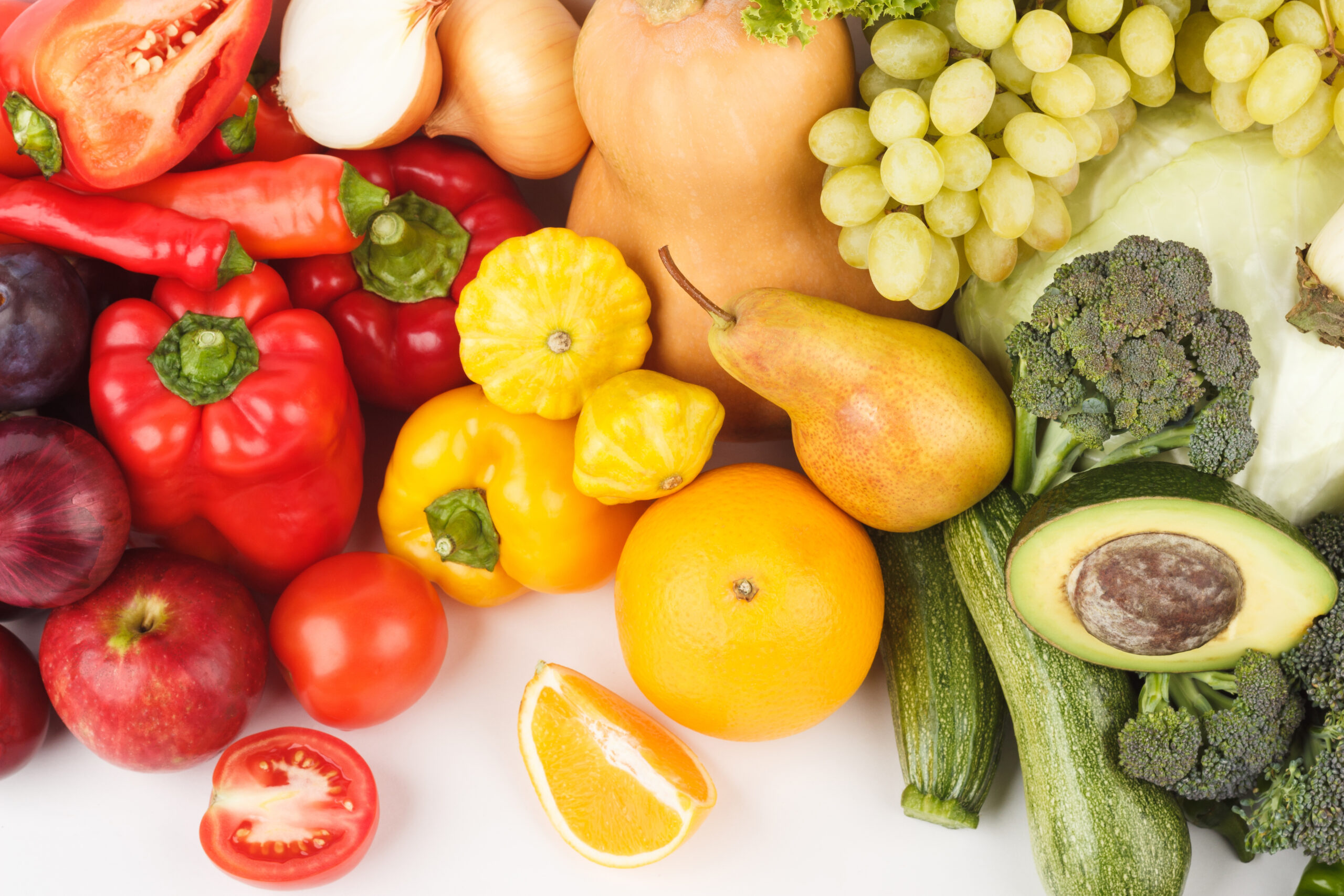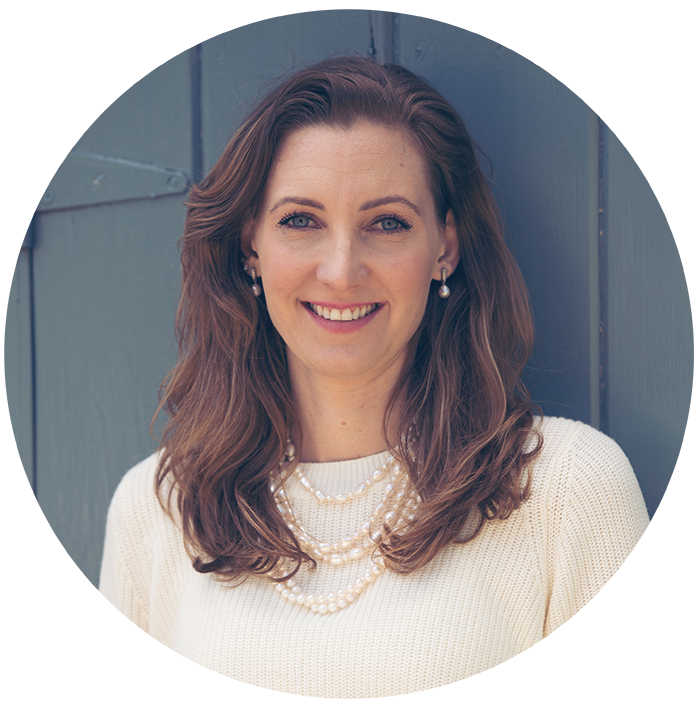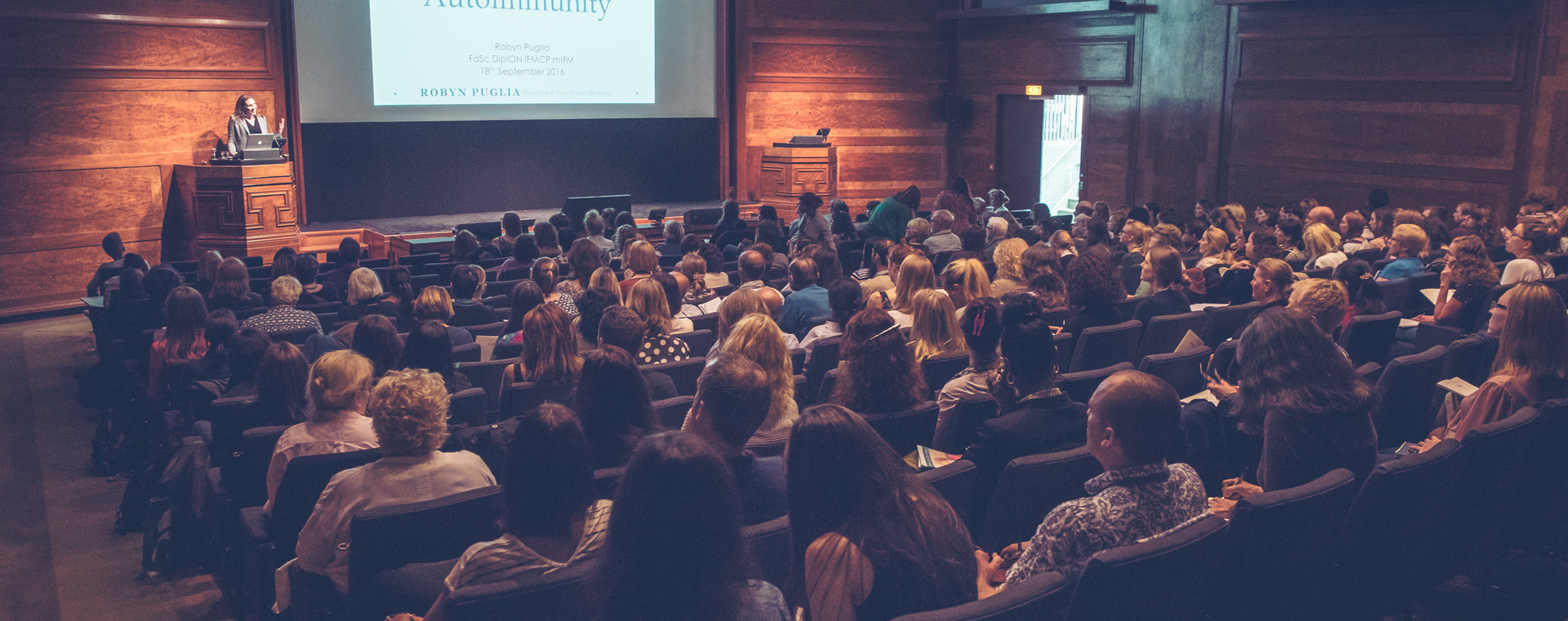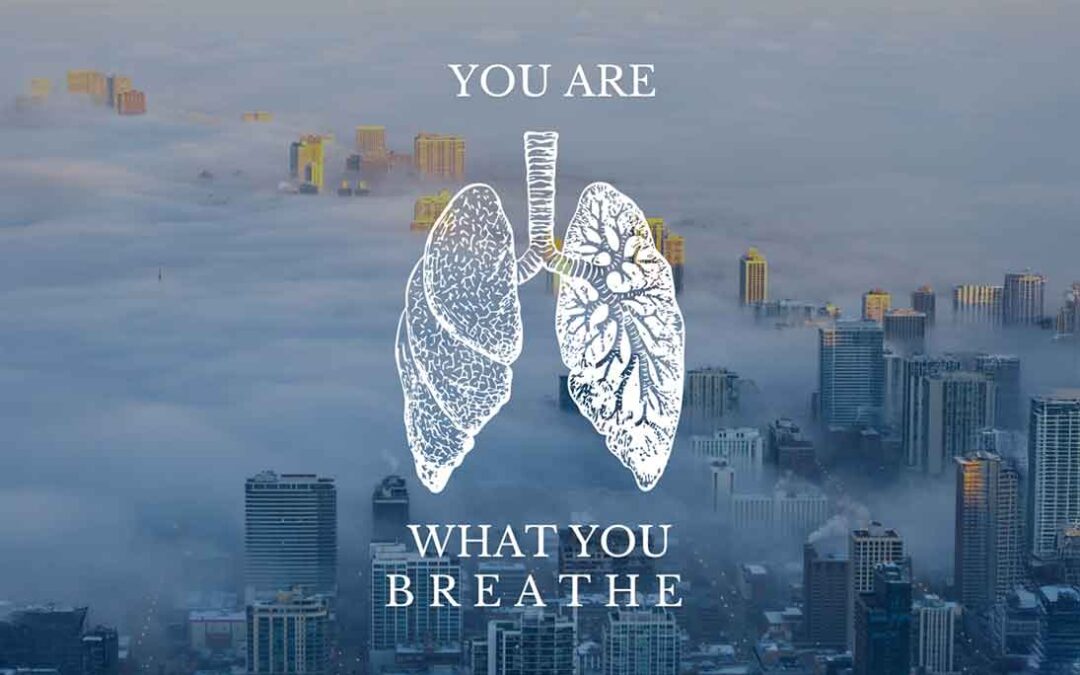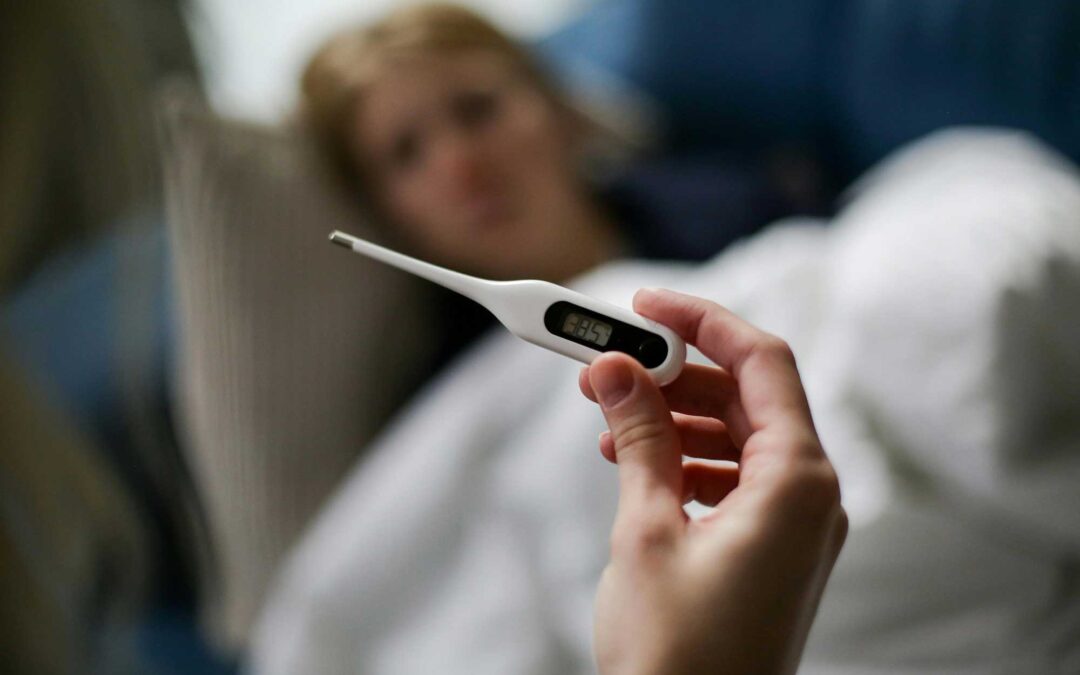Why don’t I promote a plant based (vegan / vegetarian) diet??
I got a comment on one of my posts on Instagram a couple of weeks ago asking why I don’t actively promote a plant based diet.
The comment was from someone who I have known and loved for more than 20 years and I have the luxury of being able to assume kind and genuine intentions. I also haven’t been asked to explain my stance before and when I tried to type it out, I found I had quite a bit to say about it. So I thought my website and newsletter were probably the best places to have a long form conversation about this subject.
Well let me start by saying this – I have a diploma in Nutritional Therapy, which means I have been taught clinical skills, which is to say the art of working with a person in real life application of nutrition. This is an extremely broad and uncontrolled environment. And my degree is in Nutrition Science, which relates to being able to read and understand the nuances of the research, study and science of nutrition and nutritional biochemistry in the considerably narrower setting of scientific research.
I started studying nutrition in 2005, so (somewhat astonishingly) I’m coming up on 20 years ago and I have really spent a disproportionate amount of time in that 20 years reading the science, thinking about food and nutrition, considering farming practices, worrying about the earth and the environment and the ethics of agriculture and the commercial food chain, worrying about the people who don’t have enough to eat and who don’t have great choices to make relating to food, learning about food chemicals and processing, learning about food-related immunology. And as well as all that – working with people to change the way they eat and observing what happens when someone eats this way, or that way, and how their body responds.
And what I have learned can probably be summarised in two sentences:
- I am strongly anti-diet-dogma
- The only thing the science agrees on across the board, is that eating plants is good for you and eating a highly processed ‘western’ diet is bad for you. And I have to say science now instead of just ‘everyone’ because of the whole Paul Saladino, carnivore tribe who believe that broccoli is trying to kill you but that’s a conversation for another day.
But, when I say eating plants, I do not mean only eating plants.
There are studies that show benefits for the paleo diet, which includes meat and eggs and excludes grains, beans and legumes, in Rheumatoid Arthritis and Autoimmune Thyroid disease. There are studies that show benefit for the Nordic Diet which includes grains and Rapeseed Oil (both highly maligned but especially rapeseed oil, in many circles) and fish and minimise red meat and sugar.
The Mediterranean diet, which is the most studied of all the diets, contains some meat and fish, beans, grains and legumes. In fact, if someone wanted to say which diet actually has the MOST evidence and literature to support it being widely if not globally adopted, it’s the Mediterranean diet, not the plant based one.
The Blue Zones diet, based on cultural diet patters from Costa Rica, Okinawa and other regions around the world, contains only small amounts of meat – used more as condiments.
The Wahls diet includes meat and organ meant, but excludes eggs because they are an allergen, the Swank diet excludes egg yolks because of their fat content. The paleo diet and the Whole30 includes eggs because they are an excellent source of protein and choline and great for fertility, satiety and general nutrition.
Whole30 and Blue Zones don’t really have literature on them, but are popular and considered to be based on reasonable science. Plant Based Whole30 is being used for Long Covid in the USA by a considerable number of MDs.
There are lots of studies looking at vegan and vegetarian diets for cardiovascular disease and cancer.
Every single one of the diets and studies mentioned above and also all the ones I haven’t mentioned here agree that the phytonutrients, anti-oxidants, fibre, vitamins and minerals found in plants help our bodies, and can reduce inflammation, reduce oxidative stress, improve quality of life, reduce signs and symptoms of lots of different types of diseases, improve brain health and cognitive function, change the way the immune system works and more. So much more.
And for some people that means only plants.
And for some people that means plants plus some animal protein – I’m including fish, dairy and eggs here.
And for some people that means no beans and legumes. For others it’s lots of beans and legumes.
For some it’s no grains or no nightshades. For others those foods support the microbiome and provide a ton of antioxidants and flavour to their food.
You get the picture.
Let me shout this from the rooftop – THERE IS NO ONE DIET FOR ALL.
And that is why I don’t promote one diet above all.
Animal protein has some significant nutritional benefits. They are mineral dense, protein rich foods. The minerals and nutrients found in meat are very easy to absorb and assimilate for the body, more so than the same compounds found in plants (eg iron).
Animal proteins can contain important fatty acids and fat soluble nutrients. Organ meats and bone marrow are particularly nutrient dense.
They are also pleasurable to eat and provide diversity and variety in meals, nutrients and joy and satisfaction around food for some people.
And also, the way animals are raised and farmed is part of this picture. A cow that has been pastured with a small community, reared and finished on grass and natural grazing patterns and ended its life in a humane way, is a VASTLY different cow than one that has been factory farmed in a vast lot in inhumane conditions.
If I could wave a magic wand and make sure everyone’s meat came from Knepp and everyone’s seafood came from a Greek or Croatian line fisherman, and do away with factory farming and unhealthy, unethical agriculture practices – I wouldn’t hesitate for a second.
But we don’t live in that world, and we have to work out how to make the best decisions for our bodies and our consciences in imperfect conditions.
If someone who I am working with has a strong religious or ethical stance on eating animal protein, then I respect and will work with that framework to the utmost of my ability.
I also work with people who are not healthy. Whose bodies have need for repair and replenishment. Who have significant gut issues that sometimes mean they struggle to digest the very plants that the science agrees are necessary for health. Whose immune systems struggle to tolerate food as friend and treats it as foe. Who need to eat the most nutrient dense way possible to meet their needs due to inflammation, injury, trauma, stress, prescription medicines and more.
It has been my observation in my clinic that it is much more difficult to meet the needs of a body that has these additional needs with a plant based diet alone.
Not just that, but for my clients and patients, I am always striving to support the broadest, most inclusive diet possible. Trying to restrict only what is absolutely necessary for the shortest period of time possible.
Abundance, Diversity and Variety
These three words are basically tattooed on my forehead. And that includes plants, that includes fats and that includes proteins.
Nutritional therapy and nutritional science is deeply individual. It’s why it’s a bedrock of personalised precision medicine.
It’s also why so many people are confused and overwhelmed by the amount of information available online now – because how do I know what works for ME? Which of these ‘rules’ apply to me?
If you are healthy, then you can probably eat in a pretty general way.
If you don’t have the privilege of being healthy, then you may need to eat in a pretty specific way and it’s likely that what works for your body doesn’t fit the cookie cutter of an existing diet.
It might take testing to help understand some of the nuances. It might take a long period of trial and error, of elimination and reintroduction or just of introduction and reintroduction to work out what works best for your body.
And as a kicker – your nutritional needs change as your body changes and throughout life. Because of pregnancy and parenthood, due to illness or recovery, due to levels of physical activity, stress bereavement and trauma, just because of age and life stage. So your diet may need to change to accommodate those things as well.
A good diet is broad and abundant. It’s also flexible and adaptable.
So, that’s why I don’t promote one diet over any other diet. And how I know that all the medical literature and science doesn’t agree on one diet being better than any other diet.
And I won’t go in to how studies are run and the limitations of those when it comes to diet and nutrition because I’m already at 1500 words and that’s probably another 1500.
If you would like our help untangling diet and nutrition for yourself because you are overwhelmed by all the info online and tired of trying to work it out for yourself or being on the hamster wheel of trying this diet and then that diet, do get in touch and let us support you working out how to use food as a tool for health.

